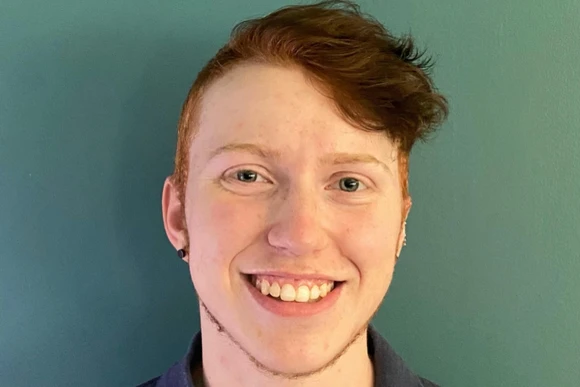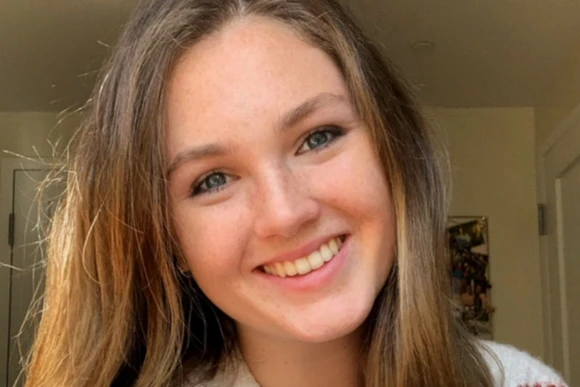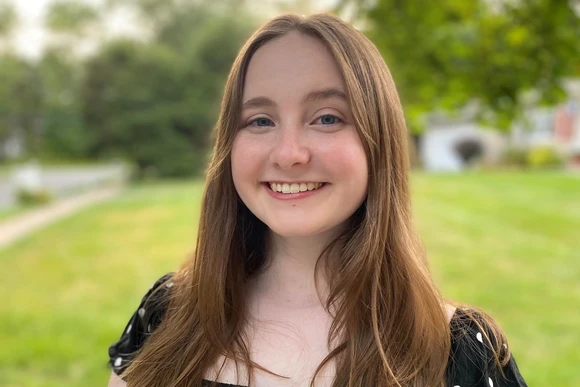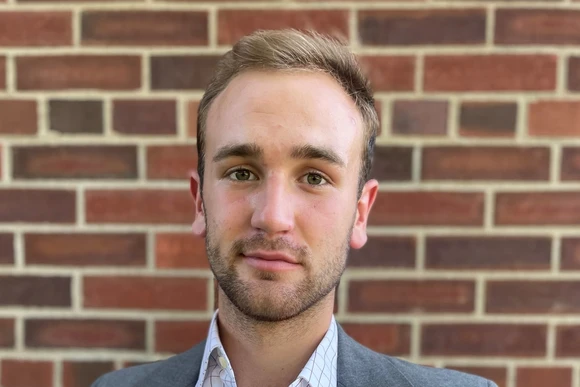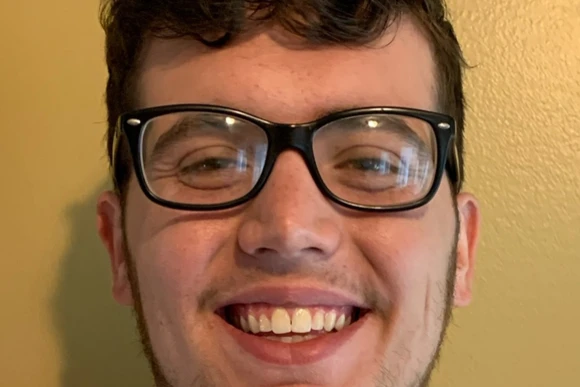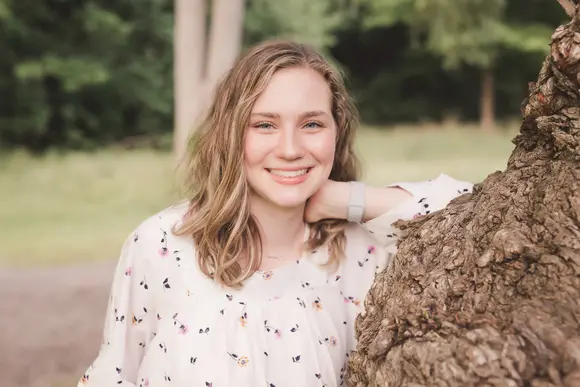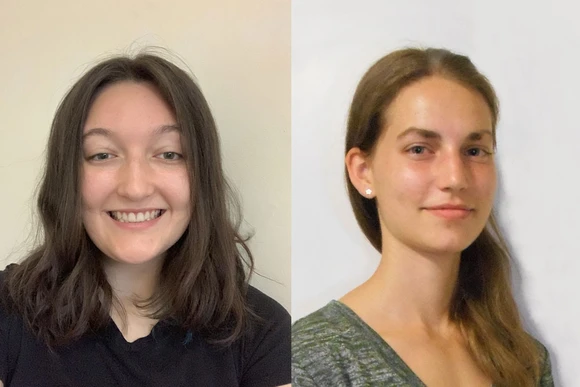Christopher Sill - 2021 Nasca Award
"My project will be a short documentary titled “The Covid Classroom.” The documentary will focus on how the COVID-19 pandemic has affected SUNY Fredonia, and how the response from the campus, faculty, and staff positively impacted the students' education throughout the semesters that we have been recovering from the virus. The documentary will also cover how current and future students are being affected by the virus on campus, and what has been/will be done to help in these hard times. Interviews with faculty members will be conducted to get insight on how the response took place with their first-hand accounts, and research on COVID-19 cases, vaccinations, and policies from both campus, the SUNY system, and the state of New York itself will be conducted and shared as well."

